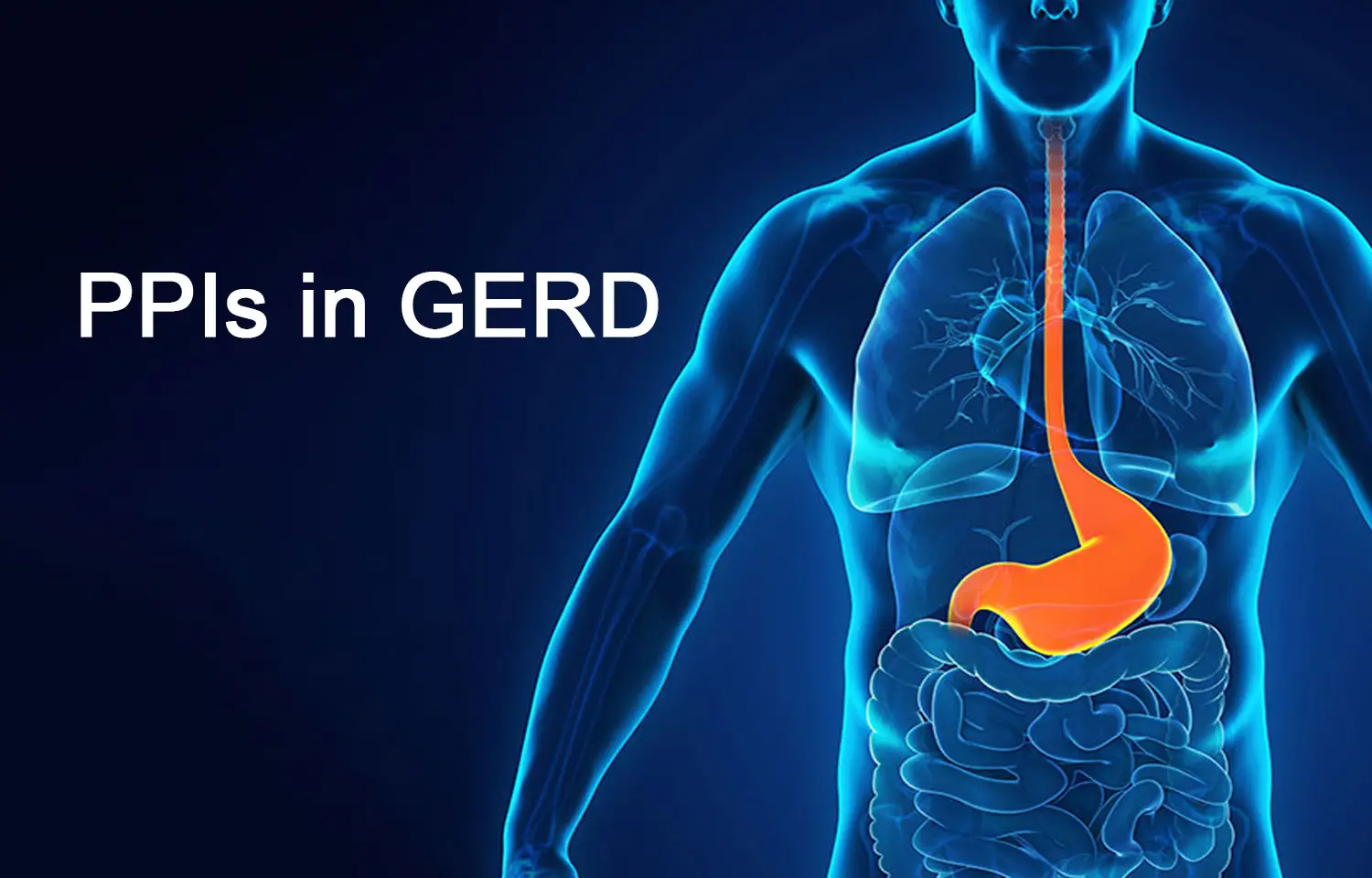- Home
- Medical news & Guidelines
- Anesthesiology
- Cardiology and CTVS
- Critical Care
- Dentistry
- Dermatology
- Diabetes and Endocrinology
- ENT
- Gastroenterology
- Medicine
- Nephrology
- Neurology
- Obstretics-Gynaecology
- Oncology
- Ophthalmology
- Orthopaedics
- Pediatrics-Neonatology
- Psychiatry
- Pulmonology
- Radiology
- Surgery
- Urology
- Laboratory Medicine
- Diet
- Nursing
- Paramedical
- Physiotherapy
- Health news
- Fact Check
- Bone Health Fact Check
- Brain Health Fact Check
- Cancer Related Fact Check
- Child Care Fact Check
- Dental and oral health fact check
- Diabetes and metabolic health fact check
- Diet and Nutrition Fact Check
- Eye and ENT Care Fact Check
- Fitness fact check
- Gut health fact check
- Heart health fact check
- Kidney health fact check
- Medical education fact check
- Men's health fact check
- Respiratory fact check
- Skin and hair care fact check
- Vaccine and Immunization fact check
- Women's health fact check
- AYUSH
- State News
- Andaman and Nicobar Islands
- Andhra Pradesh
- Arunachal Pradesh
- Assam
- Bihar
- Chandigarh
- Chattisgarh
- Dadra and Nagar Haveli
- Daman and Diu
- Delhi
- Goa
- Gujarat
- Haryana
- Himachal Pradesh
- Jammu & Kashmir
- Jharkhand
- Karnataka
- Kerala
- Ladakh
- Lakshadweep
- Madhya Pradesh
- Maharashtra
- Manipur
- Meghalaya
- Mizoram
- Nagaland
- Odisha
- Puducherry
- Punjab
- Rajasthan
- Sikkim
- Tamil Nadu
- Telangana
- Tripura
- Uttar Pradesh
- Uttrakhand
- West Bengal
- Medical Education
- Industry
Anxiety and depression reduce efficacy of PPIs among patients of GERD, functional dyspepsia

JAPAN: According to a study that was published in the journal Esophagus, anxiety and depression state decreased the therapeutic impact of proton pump inhibitors on gastroesophageal reflux disease and functional dyspepsia symptoms.
Although it is believed that the presence of anxiety and depression is associated to the symptoms of functional dyspepsia (FD) and gastroesophageal reflux disease (GERD), the cause-and-effect links between these conditions are not always clear.
The authors sought to investigate the long-term reciprocal causal relationship between anxiety/depression status and GERD/FD symptoms in symptomatic adult GERD patients.
Adult GERD patients, 20 years and above, got PPI medication for 4 weeks following endoscopy in order to achieve this goal. With the help of the gastroesophageal reflux and dyspepsia therapy efficacy and satisfaction test, GERD and FD symptom subscales (GERD-SS/FD-SS) were assessed (GERD-TEST). The hospital anxiety and depression scale were used to assess the severity of anxiety and depression (HADS). The causal associations between psychiatric bias (anxiety and depression ratings) and upper gastrointestinal symptoms (GERD-SS and FD-SS scores) over time were investigated using a cross-lagged analysis employing structural equation modeling. 182 individuals with GERD in total were eligible before (T1) and after (T2) 4 weeks of PPI medication (men: 120; age: 57.1 12.8 years; body mass index: 24.2 4.1 kg/m2; nonerosive reflux disease/erosive reflux disease: 61/121).
The authors reported that according to the cross-lagged effect model, anxiety at T1 contributed to the FD-SS at T2 (β = 0.18*), and depression at T1 contributed to the GERD-SS at T2 (β = 0.23*) (*p < 0.05).
Moreover, refractory GERD and FD were at risk due to psychiatric predisposition.
They concluded that in order to effectively treat patients and get the best therapeutic results, it is important to identify the anxiety/depression status of those who exhibit GERD/FD symptoms.
REFERENCE
Nakada, K., Oshio, A., Matsuhashi, N. et al. Causal effect of anxiety and depression status on the symptoms of gastroesophageal reflux disease and functional dyspepsia during proton pump inhibitor therapy. Esophagus (2022). https://doi.org/10.1007/s10388-022-00960-3
Dr Kamal Kant Kohli-MBBS, DTCD- a chest specialist with more than 30 years of practice and a flair for writing clinical articles, Dr Kamal Kant Kohli joined Medical Dialogues as a Chief Editor of Medical News. Besides writing articles, as an editor, he proofreads and verifies all the medical content published on Medical Dialogues including those coming from journals, studies,medical conferences,guidelines etc. Email: drkohli@medicaldialogues.in. Contact no. 011-43720751


